game theory
tags: game-theory, pricing, collusion, arxiv
Our paper, Beyond Human Intervention: Algorithmic Collusion through Multi-Agent Learning Strategies, with Suzie Grondin and Philipp Ratz is now available online Collusion in market pricing is a concept associated with human actions to raise market prices through artificially limited supply. Recently, the idea of algorithmic collusion was put forward, where the human action in the … Continue reading Beyond Human Intervention: Algorithmic Collusion through Multi-Agent Learning Strategies →
tags: game-theory, books
Explore the best books on game theory to sharpen your strategic thinking. From foundational texts to advanced strategies, these books offer valuable insights for professionals, students, and enthusiasts
tags: game-theory
tags: game-theory
In this paper, we study the highly competitive arena of baby naming. Through making several Extremely Reasonable Assumptions (namely, that parents are myopic, perfectly knowledgeable agents who...
tags: game-theory, poker
Poker players can now employ AI to find the optimal playing strategy, but they often don’t use it. Here’s why
tags: game-theory
an interactive guide to the game theory of why & how we trust each other
tags: game-theory
Game theory is the branch of mathematics in which games are studied: that is, models describing human behaviour. This is a glossary of some terms of the subject.
tags: economics, game-theory, pricing
Plus! Diff Jobs; Making a Market; Financial Innovation; IRL; Open-Ended Liabilities; Meme Stock Relapse
tags: game-theory
tags: game-theory
tags: game-theory
Prediction markets are speculative markets created for the purpose of making predictions. Assets are created whose final cash value is tied to a particular event or parameter. The current market prices can then be interpreted as predictions of the probability of the event or the expected value of the parameter. Prediction markets are thus structured as betting exchanges, without any risk for the bookmaker. Robin Hanson was the first to run a corporate prediction market - at Project Xanadu -, and has made several contributions to the field such as: conditional predictions, accuracy issues and market and media manipulation. People who buy low and sell high are rewarded for improving the market prediction, while those who buy high and sell low are punished for degrading the market prediction. Evidence so far suggests that prediction markets are at least as accurate as other institutions predicting the same events with a similar pool of participants. Predictions markets have been used by organizations such as Google, General Electric, and Microsoft; several online and commercial prediction markets are also in operation. Historically, prediction markets have often been used to predict election outcomes. See Also * Prediction * Economic consequences of AI and whole brain emulation * Group rationality * Making beliefs pay rent * QURI External Posts * Prediction Market FAQ by @Scott Alexander * A 1990 Corporate Prediction Market by Robin Hanson * Leamer's 1986 Idea Futures Proposal by Robin Hanson * Should Prediction Markets be Charities? by Peter McCluskey * The Future of Oil Prices 2: Option Probabilities by Hal Finney * Prediction Markets As Collective Intelligence by Robin Hanson * Fixing Election Markets by Robin Hanson * Prediction Markets at gwern.net * Idea Futures (a.k.a. Prediction Markets) by Robin Hanson External Links * Comparing face-to-face meetings, nominal groups, Delphi and prediction markets on an estimation task * Video of Robin
tags: game-theory, games
The largest collection of card game rules on the Internet, with information about hundreds of card and tile games from all parts of the world.
tags: game-theory, games
From Atlantic City to high fashion to Karl Marx, the most recognizable board game has had serious cultural impact.
tags: adtech-adwords, advertising-commercials, auctions, ecommerce, game-theory, prodmgmt
A deep dive into why the DOJ thinks RGSP makes ad auctions unfair, and why Google believes it creates a better user experience.
tags: arxiv, auctions, game-theory
tags: game-theory
Game theory provides a lot of insightful concepts we can wrap in the theoretical framework that can be applied to different fields under various circumstances. Here are five concepts from game theory that have a wide range of applications, and my examples of using them in different areas of my life.
tags: algorithms-math, auctions, finance, game-theory
How bid density impacts ads, recommender systems, and salary negotiations.
tags: game-theory, games
An interactive guide to the game theory of cooperation - ncase/trust
tags: algorithms-math, game-theory
A researcher has solved a nearly 60-year-old game theory dilemma called the wall pursuit game, with implications for better reasoning about autonomous systems such as driver-less vehicles.
tags: game-theory
And why the combo of strength+gentleness is unbeatable in the long run.
tags: economics, game-theory
"The Market for 'Lemons': Quality Uncertainty and the Market Mechanism" is a widely cited seminal paper in the field of economics which explores the concept of asymmetric information in markets. The paper was written in 1970 by George Akerlof and published in the Quarterly Journal of Economics. The paper's findings have since been applied to many other types of markets. However, Akerlof's research focused solely on the market for used cars.
tags: game-theory, games
Game-playing artificial intelligence (AI) systems have advanced to a new frontier. Stratego, the classic board game that’s more complex than chess and Go, and craftier than poker, has now been...
tags: game-theory, public-policy
Earlier this summer, a group of anti-Trump and moderate Republicans and Democrats launched a new political party called the Forward Party. On the surface, this movement echoes recent polls indicati…
tags: art, auctions, game-theory
Auction houses and galleries are getting creative, partnering to drive demand and give their clients access to the best works.
tags: game-theory, pricing, prodmgmt
tags: game-theory, pricing, prodmgmt
tags: auctions, game-theory
tags: game-theory
Mary Peltola won by appealing to Alaskan interests and the electorate’s independent streak. But Alaska’s new voting system played a big role, too.
tags: behaviors, bias, game-theory
tags: game-theory, pricing, prodmgmt
Antitrust law will have to evolve to cope.
tags: game-theory
What do metagames have to do with the acquisition of expertise?
tags: game-theory, games, reinforcement-learning, arxiv
We introduce DeepNash, an autonomous agent capable of learning to play the imperfect information game Stratego from scratch, up to a human expert level. Stratego is one of the few iconic board...
tags: ecommerce, game-theory, prodmgmt, trust
This paper appeared in VLDB'19 and is authored by Maurice Herlihy, Barbara Liskov, and Liuba Shrira. How can autonomous, mutually-distrust...
tags: auctions, books, game-theory
A broad overview of market mechanisms, with an emphasis on the interplay between theory and real-life applications; examples range from eBay auctions to scho...
tags: forecasting-predictions, game-theory
1 post published by TheZvi on July 26, 2018
tags: forecasting-predictions, game-theory
Epistemic Status: Sadly Not Yet Subsidized Robin Hanson linked to my previous post on prediction markets with the following note: I did briefly mention subsidization, as an option for satisfying th…
tags: game-theory
tags: economics, game-theory, public-policy
We are a community of activists, artists, entrepreneurs, and scholars committed to using mechanism design to inspire radical social change.
tags: game-theory, military-warfare, public-policy
This article is part of the contribution made by the US Army War College to the series “Compete and Win: Envisioning a Competitive Strategy for the Twenty-First Century.” The series […]
tags: arxiv, game-theory
tags: economics, forecasting-predictions, game-theory, sports
Contests that non-contestants consume for entertainment are a fixture of economic, cultural and political life. We exploit injury-induced changes to teams’ line
tags: auctions, game-theory, pricing, prodmgmt
The estate-sale industry is fragile and persistent in a way that doesn’t square with the story of the world as we have come to expect it.
tags: game-theory, machine-learning, pca, svd
Modern AI systems approach tasks like recognising objects in images and predicting the 3D structure of proteins as a diligent student would prepare for an exam. By training on many example...
tags: game-theory, anonymity
What your generosity signals about you.
tags: game-theory
John Nash’s notion of equilibrium is ubiquitous in economic theory, but a new study shows that it is often impossible to reach efficiently.
tags: game-theory, pricing
They standardized value, which helped collectors to get a sense of the market.
tags: game-theory, gaming
The hidden side of everything
tags: game-theory
List of research around modern boardgames.
tags: game-theory
Game Theory is the study of micro-situations where each situation demands a decision that
tags: auctions, game-theory
As Christie’s, Sotheby’s and others vie to lure sellers of big-name artworks, analysts wonder if the houses are running oversize risks.
tags: game-theory
Quadratic voting is a rated voting method procedure where voters express the degree of their preferences. By doing so, quadratic voting seeks to address issues of the Condorcet paradox and tyranny of the majority. Quadratic voting works by allowing users to "pay" for additional votes on a given outcome to express their support for given issues more strongly, resulting in voting outcomes that are aligned with the highest willingness to pay outcome, rather than just the outcome preferred by the majority regardless of the intensity of individual preferences. The payment for votes may be through either artificial or real currencies. Quadratic voting is a variant of cumulative voting, which differs in that the weight of a vote is normalized using the sum of squares, rather than the sum of absolute values.
tags: game-theory
Betting markets show Bloomberg as a leading candidate. Really?
tags: game-theory
tags: finance, game-theory
The Black–Scholes /ˌblæk ˈʃoʊlz/[1] or Black–Scholes–Merton model is a mathematical model for the dynamics of a financial market containing derivative investment instruments. From the parabolic partial differential equation in the model, known as the Black–Scholes equation, one can deduce the Black–Scholes formula, which gives a theoretical estimate of the price of European-style options and shows that the option has a unique price given the risk of the security and its expected return (instead replacing the security's expected return with the risk-neutral rate). The equation and model are named after economists Fischer Black and Myron Scholes. Robert C. Merton, who first wrote an academic paper on the subject, is sometimes also credited.
tags: game-theory
Advocates of prediction markets often focus their attention on markets that can be run for profit.
tags: game-theory
In this classic game theory experiment, you must decide: rat out another for personal benefit, or cooperate? The answer may be more complicated than you think.
tags: game-theory
Thousands of years before Monopoly, people were playing games like Senet, Patolli and Chaturanga
tags: game-theory, pricing, prodmgmt
If you shop on Amazon, an algorithm rather than a human probably set the price of the service or item you bought. Pricing algorithms have become ubiquitous in online retail as automated systems have grown increasingly affordable and easy to implement. But while companies like airlines and hotels have long used machines to set their…
tags: chess, game-theory, gaming
Chess openings visualized from over 800 million Lichess games, 2 million tournament games and 1 million chess engine games.
tags: game-theory
An ancient game known as “hnefatafl” held immense symbolic and religious significance.
tags: auctions, game-theory
A Vickrey–Clarke–Groves (VCG) auction is a type of sealed-bid auction of multiple items. Bidders submit bids that report their valuations for the items, without knowing the bids of the other bidders. The auction system assigns the items in a socially optimal manner: it charges each individual the harm they cause to other bidders. It gives bidders an incentive to bid their true valuations, by ensuring that the optimal strategy for each bidder is to bid their true valuations of the items; it can be undermined by bidder collusion and in particular in some circumstances by a single bidder making multiple bids under different names. It is a generalization of a Vickrey auction for multiple items.
tags: economics, game-theory
Some lawmakers in Colorado tried so-called quadratic voting—and it worked.
tags: game-theory
It’s the game for anyone who loves shaking Scrabble tiles in the bag. (And you know you do.)
tags: game-theory
Find the latest Design news from Fast company. See related business and technology articles, photos, slideshows and videos.
tags: game-theory
This book, written in an interactive manner and easy-to-comprehend style, explicates the concepts of game theory. It enables the readers to think strategically in interactions that they may encounter as managers. The book innovatively cites real-world scenarios to highlight the fundamental concepts of game theory. It includes applications from regions around the world, with special emphasis on India.Primarily intended for the students of MBA, the book is also of immense use for managers involved in decision-making. In addition, it will be of value to all readers from all walks of life engaged in strategic interactions, including professionals. The book is supplemented with Instructor’s Manual and Solution’s Manual.Highlights of the book• Many case studies and examples are given in the text to maintain the reader’s interest in the subject. The case studies dwell on diverse issues such as diplomacy, politics, movies, sports, health care, environment, besides business and economics.• Mathematical usage is kept at a level that is easy for most MBA students. Even for those students who are not very comfortable with mathematics, the book is designed in such a way that intuitive and logical understanding is possible without rigorous models. • Each chapter (excluding the first chapter on introduction) ends with summary, solved examples, key terms and exercises.


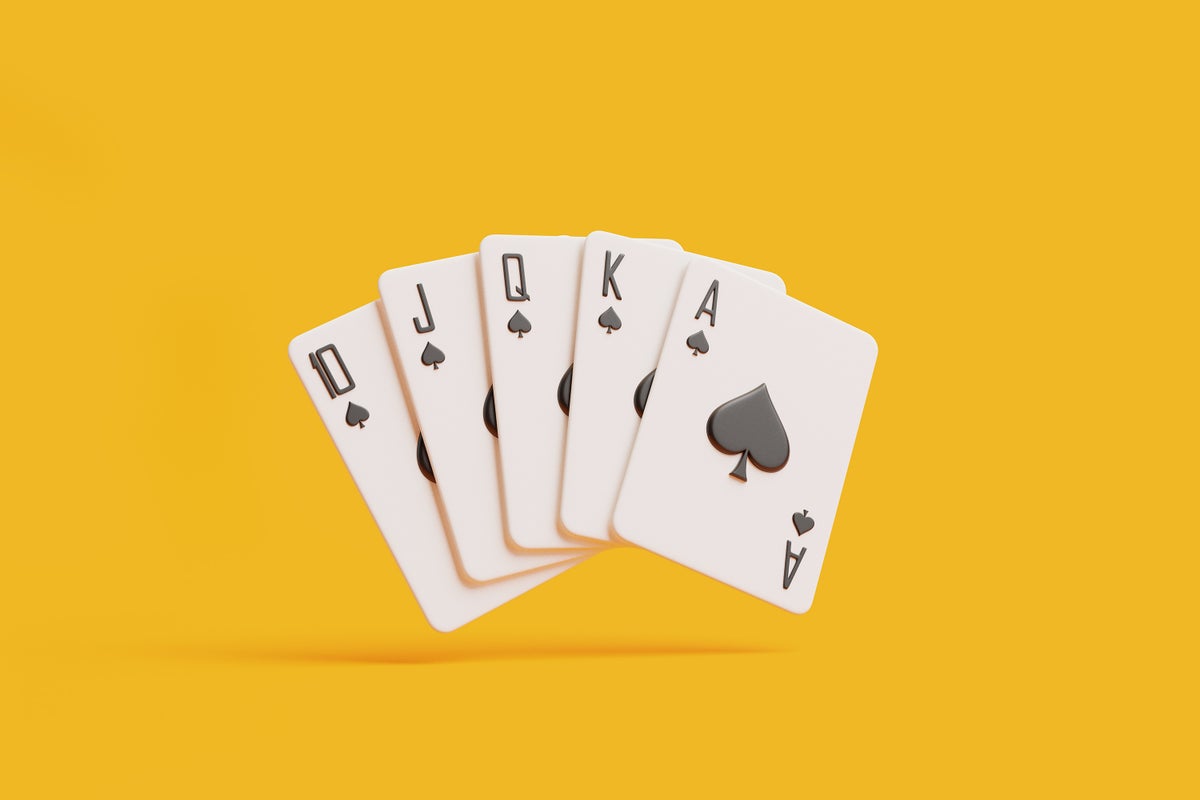

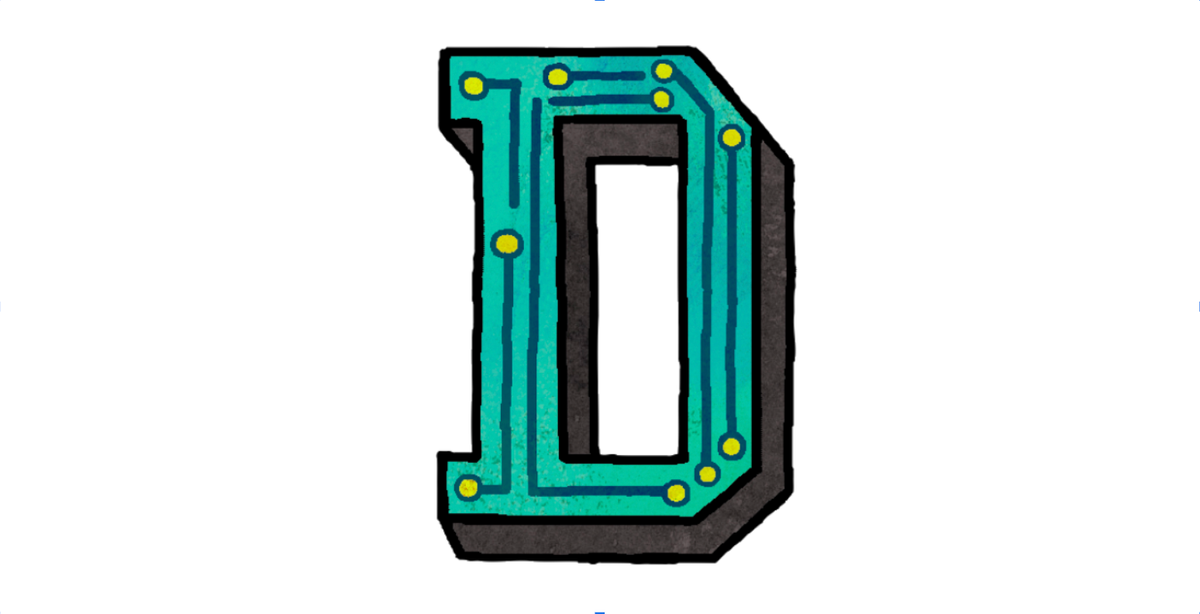





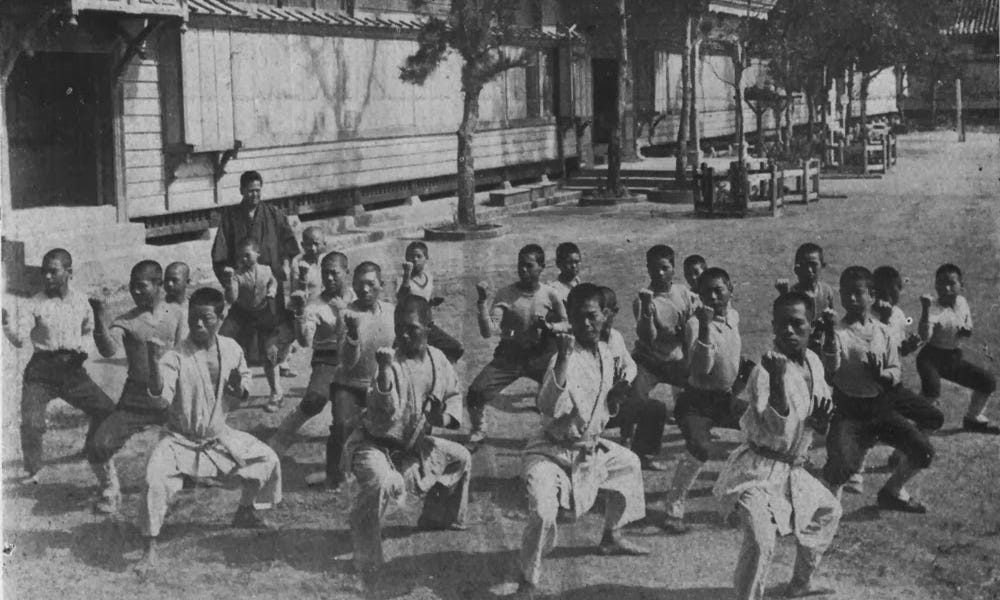




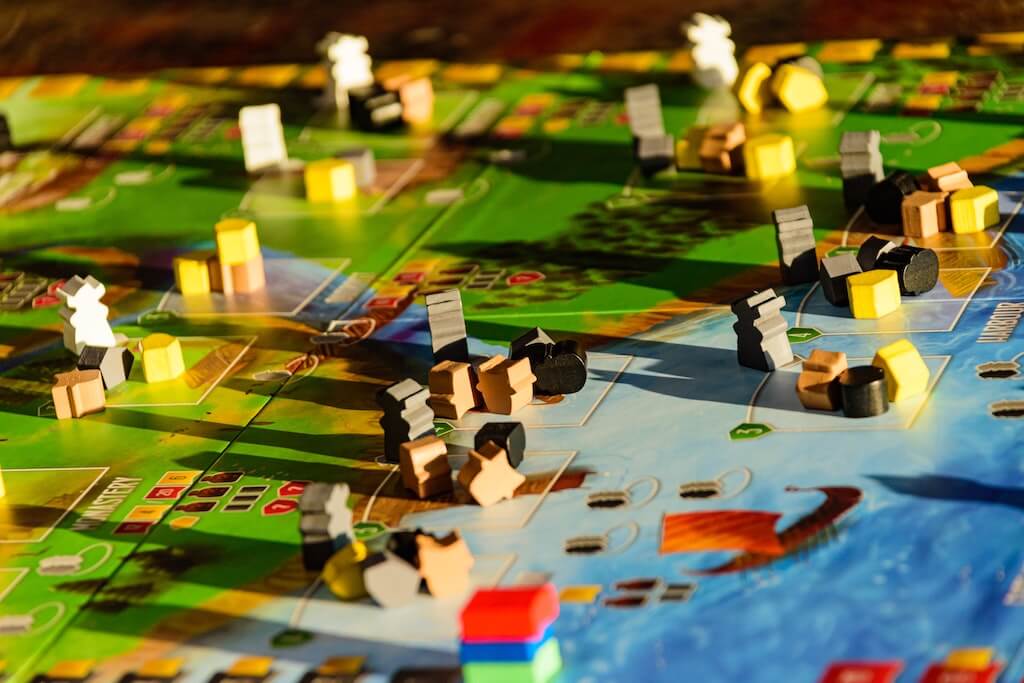




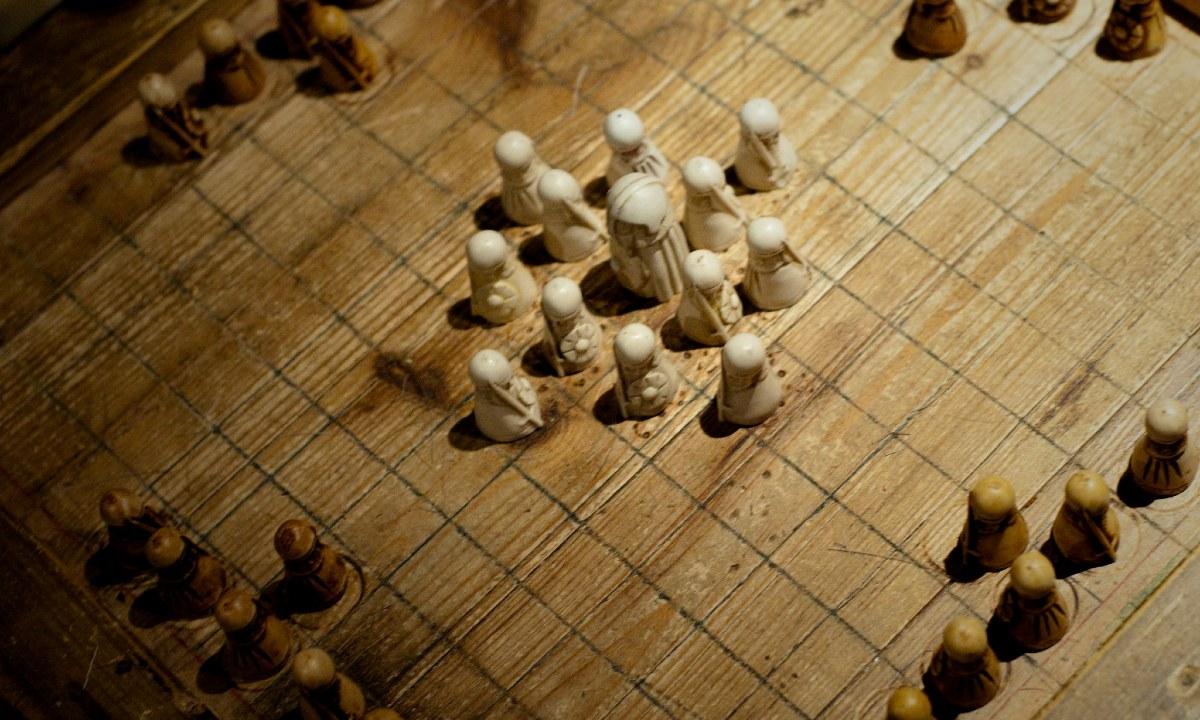



:extract_focal()/https%3A%2F%2Fpocket-syndicated-images.s3.amazonaws.com%2Farticles%2F5747%2F1600869188_NashEquilibrium_2880x1620.jpg)
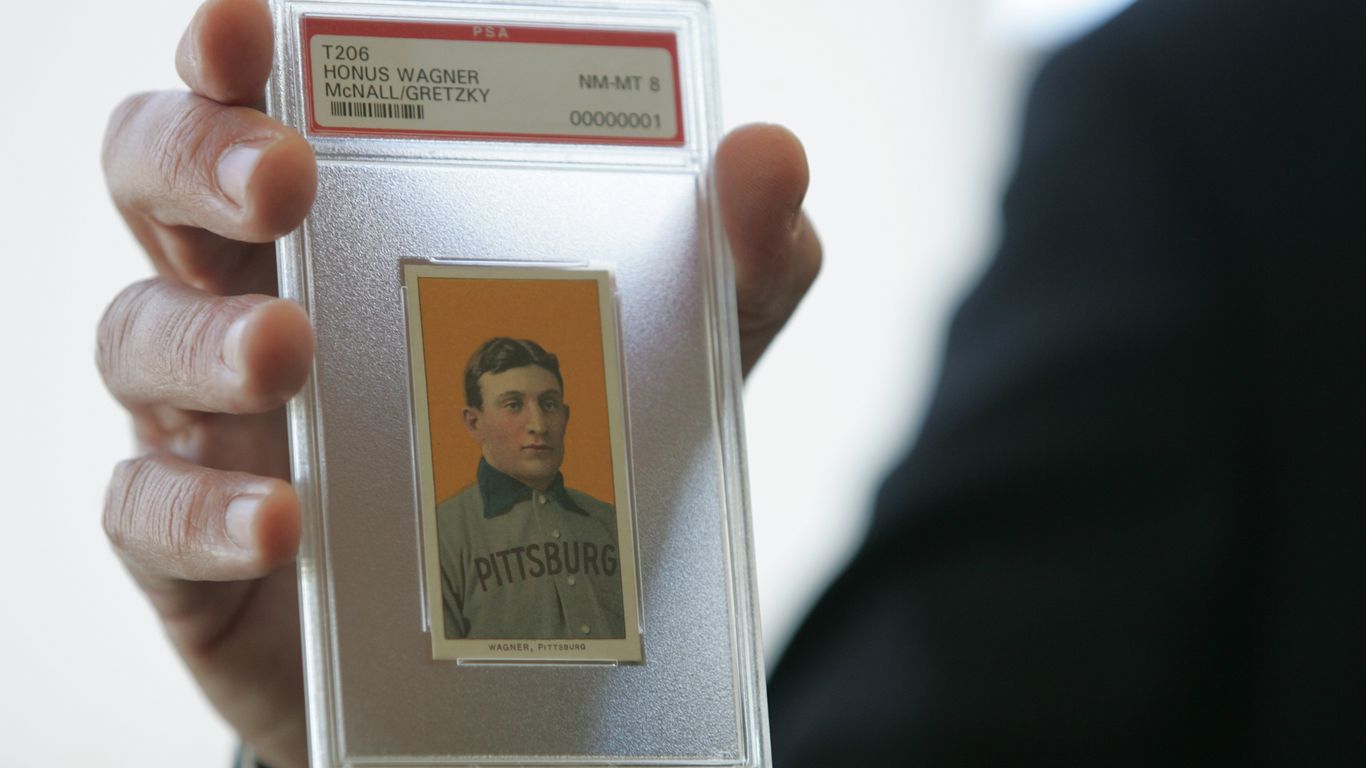
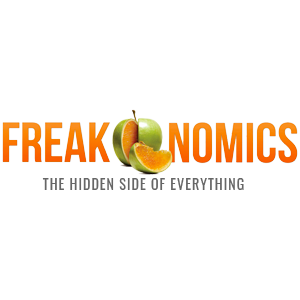




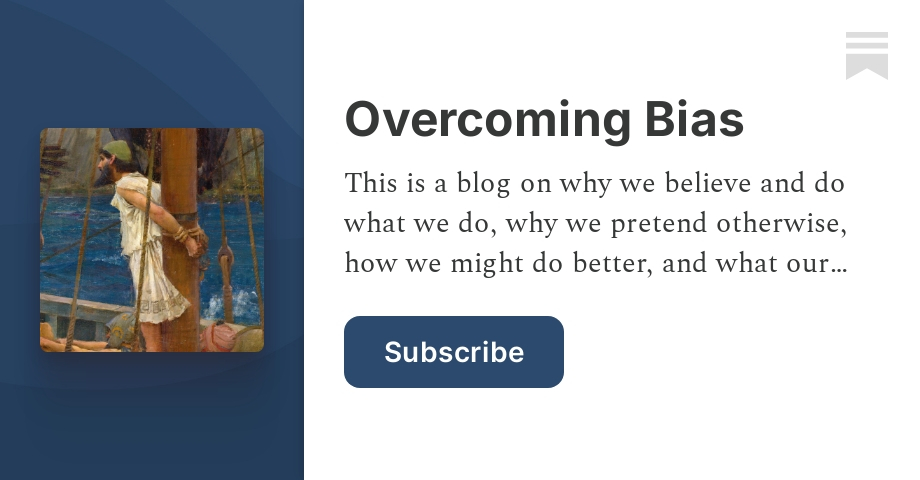

/https://tf-cmsv2-smithsonianmag-media.s3.amazonaws.com/filer/65/f9/65f9f4c4-c7b6-455a-8e2e-10d3e1c6fb62/social_longform_games.jpg)

:extract_focal()/https%3A%2F%2Fs3.amazonaws.com%2Fpocket-syndicated-images%2Farticles%2F1680%2F1569002958_image.jpg)



